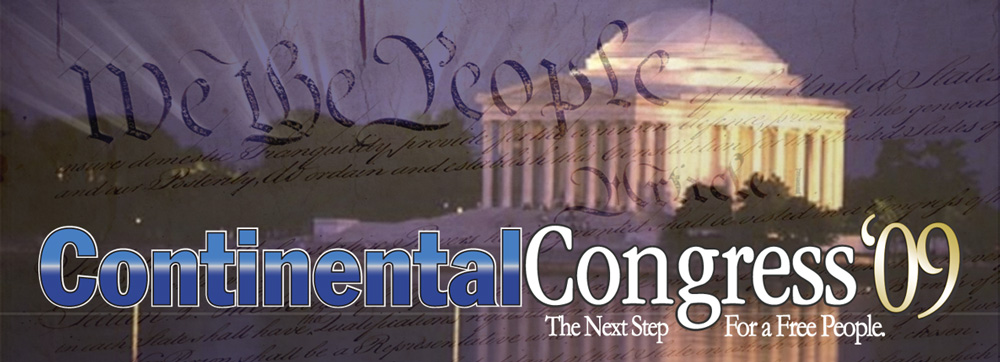ANCILLARY REPORT BY THE FOREIGN POLICY AND GENERAL WELFARE COMMITTEE REGARDING THE WELFARE STATE
WHEREAS, the mention of “General Welfare” in the Preamble to the Constitution for the United States as a principal goal of the Constitution, conveys no specific powers to government, and the General Welfare Clause of Article I, Section 8 of the Constitution for the United States is only intended to be restricted to the enumerated powers which follow it; and,
WHEREAS, James Madison states in Federalist 41 that “Nothing is more natural or common, than to use a general phrase, and then to explain or qualify it by a recital of particulars,” and that it would be an “absurdity” if the list of particulars was interpreted as anything but restrictive on the general statement; and,
WHEREAS, the early nineteenth century serves as an example of rapid economic growth despite very limited government investment in the “general welfare”, and during that period the institution of the family provided adequately for most Americans without any federal welfare, and voluntary religious and charitable associations flourished without government involvement; and,
WHEREAS, the family and the State are competing forms of government, with the result that when one is strengthened the other is weakened, and the family is the most effective provider of social services, so that the “general welfare” is best served by strengthening families than by strengthening government; and,
WHEREAS, the responsibility of government is to secure to its citizens the fruit of their labor, which is their property, and the opportunity to utilize that property as capital to create wealth;
NOW THEREFORE, the Delegates of the several States in Continental Congress assembled:
1. Protest the misinterpretation of the General Welfare Clause by Congress that results in the tyranny of unjust taxes upon the People;
2. Find the “general welfare” is neither “promoted” nor “provided for” when Congress exceeds the enumerated powers of the Constitution, and that the General Welfare Clause does not provide constitutional justification for:
-
Mandated or government run health insurance, Social Security, Medicare, Medicaid or any form of welfare payments to individuals; but those who were forced to contribute into any of these programs shall be reimbursed less any payments from those programs they may have received, and inflation to be accounted for in the calculations of amounts due;
-
Mandatory vaccinations, mental health screenings, or collection of medical data of individuals;
-
The violation of the right of individuals to decide which foods, substances, or medications they put into their bodies;
-
Bailouts, grants, loans, investments or any other form of corporate welfare;
-
The disguised regulation of private activity through subsidies;
-
Grants to churches or other religious or charitable organizations for any purpose;
-
Federal funding of education at any level;
-
The coercion of States and municipalities to adopt national standards by threatening to withhold funds;
-
The building of infrastructure, except as enumerated in the Constitution;
-
Economic stimulus grants, loans or any other appropriations for State and local governments, except as enumerated in the Constitution;
-
Any other federal law, statute or regulation that is not specifically enumerated in the Constitution.
